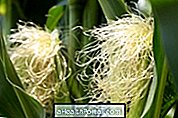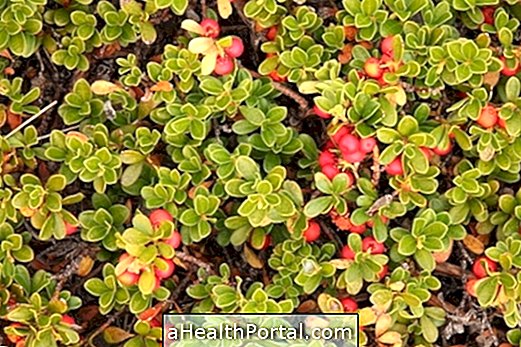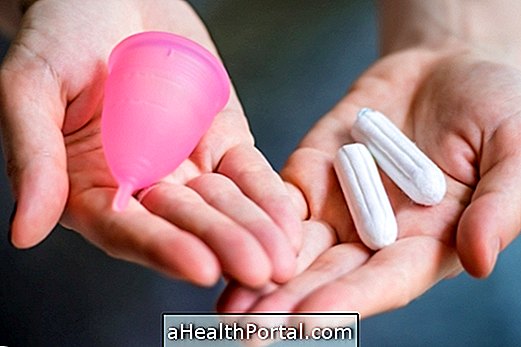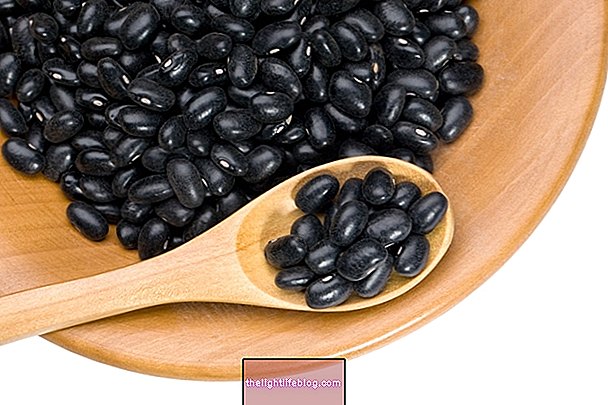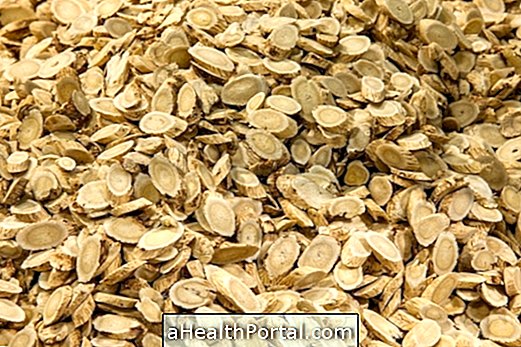Cow Paw is a medicinal plant, also known as cowhide or nail, popularly known as a natural remedy for diabetes, but it lacks scientific proof of this fact in humans.
The Brazilian Paw is a Brazilian tree with a thorny trunk, measuring from 5 to 9 meters high, which produces large, exotic flowers, usually white.
Its scientific name is Bauhinia forficata and its dried leaves can be bought in natural food stores and in some handling pharmacies. Other popular names are bauínia, goat's cape, donkey's hoof, cow's hoof, man's ceroula, miriró, mororó, pata-de-boi, pata de deer, tapir and cow's nail.
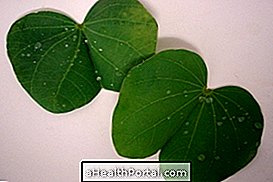

What is it for
Cow Paw is good for treating bladder or kidney stones, high blood pressure, hemophilia, anemia, treatment for obesity, heart disease and urinary diseases. Popularly, cow's tea is used to control diabetes because of its apparently hypoglycemic action. Learn more here.
properties
The properties of the paw include its antioxidant action, analgesic, diuretic, laxative, purgative and vermifuge. In addition, studies in laboratory mice indicate that it may have a hypoglycaemic action, and may be useful in the control of type 2 diabetes, and may prevent tumor growth and proliferation in these animals, but these alleged benefits of stillbred is not proven in humans.
How to use
For medicinal purposes your leaves, bark and flowers can be used.
- Tea of pata-de-vaca: Add 20g leaves of pata de vaca in 1 liter of boiling water and let stand for 5 minutes. Drink the tea, coado 3 times a day;
- Dry cow's leg extract: 250 mg daily;
- Cowpea tincture: 30 to 40 drops three times a day.
These forms of use should be used after the recommendation of the doctor or phytotherapist.
Side effects
The chronic consumption of the cow's foot seems to favor the installation of hypothyroidism and the formation of endemic goiter.
Contraindications
Cow's paw is contraindicated in pregnancy for breastfeeding women and children under 12 years.
